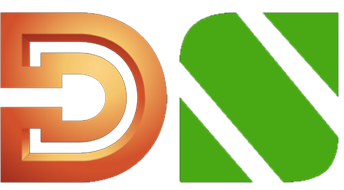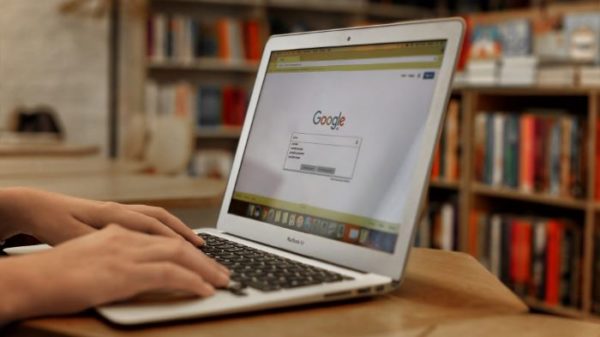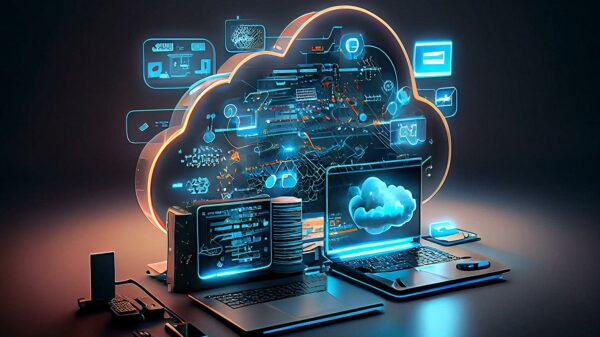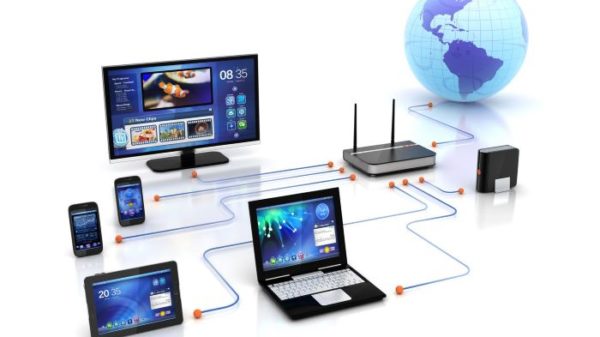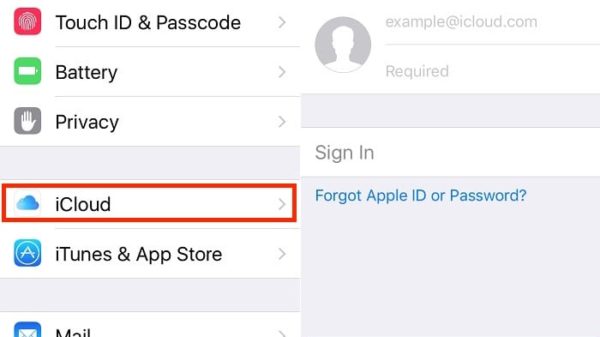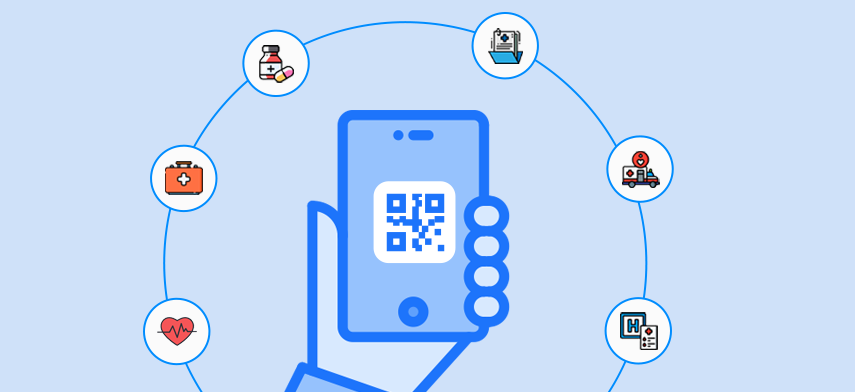Introduction
In the era of digital healthcare, the management and accessibility of personal health records (PHRs) have become increasingly important. Quick Response (QR) codes have emerged as a secure and efficient solution for accessing and sharing medical data. By integrating QR codes into personal health records, patients can conveniently retrieve and share their health information, empowering them to take control of their healthcare journey. In this article, we will explore how QR codes are revolutionizing PHRs, providing secure access to medical data while ensuring privacy and convenience.
Simplified Access to Personal Health Records
Traditionally, accessing personal health records involved time-consuming processes, such as contacting healthcare providers or requesting physical copies of medical documents. QR codes simplify this process by enabling patients to store their PHRs digitally and access them easily through a simple scan.
By embedding QR codes within PHR systems or mobile applications, patients can securely access their medical information. With a quick scan using their smartphones, they can retrieve comprehensive records, including medical history, test results, diagnoses, prescriptions, and vaccination records. This streamlined access to PHRs empowers patients to stay informed about their health, make more informed decisions, and actively participate in their healthcare management.
Efficient Sharing of Medical Information
QR codes facilitate the secure and efficient sharing of medical information between healthcare providers, patients, and other authorized individuals. When patients need to share their PHRs with a healthcare professional or during emergencies, they can simply generate a QR code for the specific records needed and provide it to the recipient.
The recipient can then scan the QR code to access the relevant information instantaneously. This eliminates the need for manual data entry, reduces the chances of errors or miscommunication, and ensures that accurate and up-to-date information is shared promptly. QR codes enable seamless collaboration and improve the continuity of care across different healthcare settings.
Privacy and Security of Personal Health Data
The privacy and security of personal health data are of utmost importance in the digital healthcare landscape. QR codes provide a secure mechanism for accessing PHRs while maintaining the confidentiality of sensitive medical information.
To ensure data privacy, QR codes can be encrypted and password-protected, allowing only authorized individuals to access the information. Additionally, QR codes can be time-limited, expiring after a specified period, to minimize the risk of unauthorized access. These security measures provide patients with peace of mind, knowing that their personal health data is protected.
Enhancing Healthcare Interoperability
QR codes play a significant role in enhancing healthcare interoperability—the seamless exchange of health information across different systems and providers. With the standardized use of QR codes in PHRs, healthcare providers can easily integrate and extract data from these records, regardless of the underlying electronic health record (EHR) systems.
QR codes act as a bridge between different healthcare systems, enabling efficient data exchange and eliminating the need for manual data entry or complex integrations. This interoperability promotes efficient care coordination, reduces administrative burdens, and improves the overall quality of healthcare delivery.
Empowering Patient Engagement and Health Management
QR codes empower patients to actively engage in their health management by providing easy access to their PHRs. Patients can monitor their health progress, track medication adherence, and communicate effectively with their healthcare providers using the information stored in their PHRs.
Furthermore, QR codes can be integrated with health and wellness applications, enabling patients to link their PHRs with other health-related data, such as fitness trackers or wearable devices. This comprehensive view of personal health information empowers individuals to make informed lifestyle choices, manage chronic conditions, and actively participate in preventive care.
Conclusion
QR codes have revolutionized the way personal health records are accessed, shared, and managed. By integrating QR codes into PHRs, patients can conveniently retrieve and share
Hi there! This is Devin Haney. I am a Freelancer. I love to Blogging. I would love to connect with everyone here. On relaxing Sunday afternoon you will find me.
